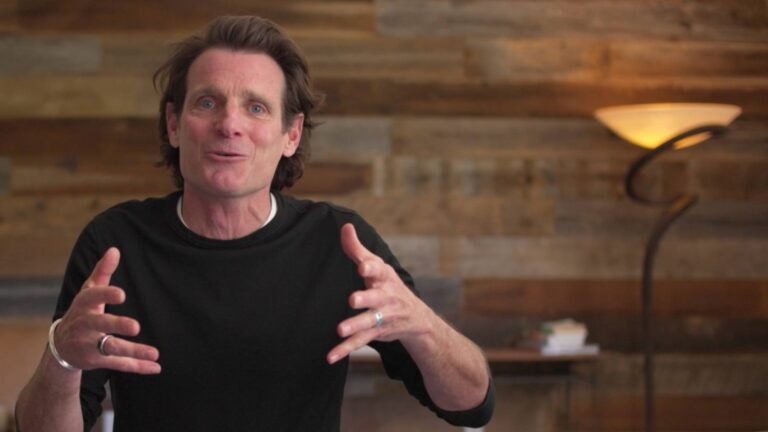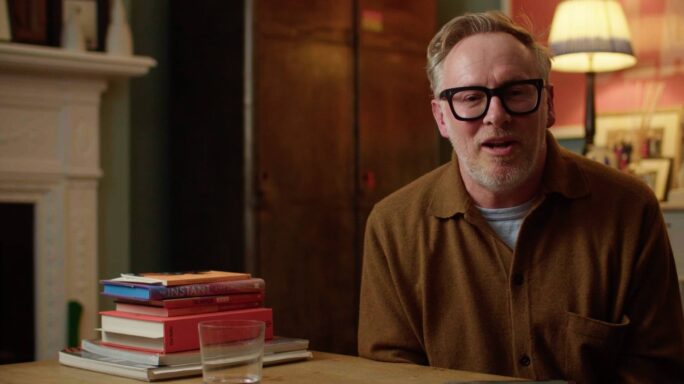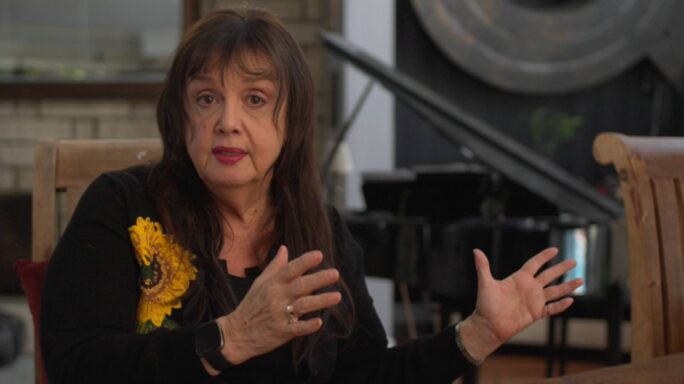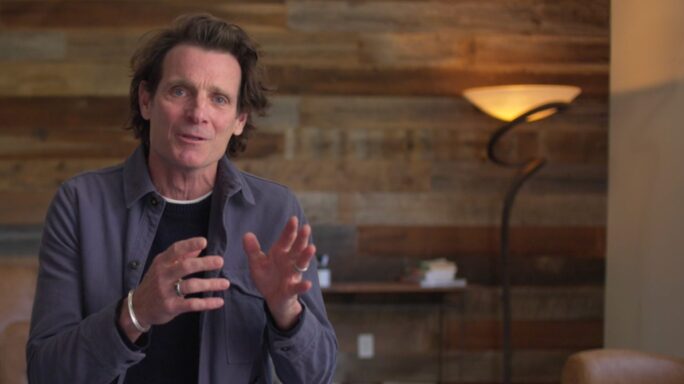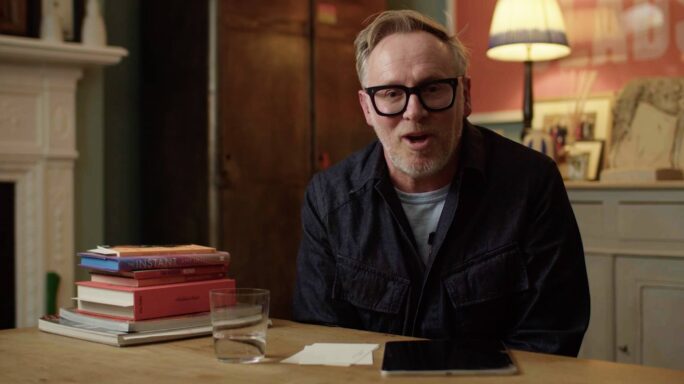Season 1: Finding and keeping great people
How to reduce employee burnout and boost job satisfaction

A couple of weeks ago I joined a group of friends playing The Crystal Maze, a lovingly created replica of the 1990s TV show. As we dashed our way through a series of immersive challenges, I was reminded of how scarcity plays a part in the game in a way that it doesn’t in our working lives. In the Crystal Maze a friend battling a challenge in the Aztec Zone, soundtracked by teammates hollering through small peepholes in the wall, has a finite amount of time. Once the sand timer is finished the unlucky competitor is locked in, left stranded in a stonewalled cell unless the team forfeits a prized crystal to bail them out.
Time at work shouldn’t be infinite
I make this comparison because it’s at odds with the way we work. We treat our time at work as infinite- especially if it’s our own business – and we put off decisions of scarcity as unnecessary. Since email has arrived on our mobile devices the average working day has increased by two hours a day and there’s evidence that since the pandemic homeworking has added an additional 45 minutes on top of that. We tell ourselves that if there’s stuff to be done, we’ll just stay online until it’s done. But the burden of this style of working is starting to take a toll.
According to Sage research 38 percent of bosses report feeling close to burnout, attributing it to the mental strain of working long hours. 55 percent of business leaders feel so overwhelmed they’re contemplating walking away from their business. Is it any wonder that we’re all feeling collectively spent, when we are muttering a mantra to ourselves that we can keep going?
Leaders must tackle employee burnout
This isn’t just a problem we’re seeing in small businesses, it’s hard for big businesses to find and keep great talent too. When I worked in fast moving technology companies like Google and Twitter, we found ourselves experiencing something of a burnout epidemic. People were going off sick and employees were quitting with no job to go to. When we asked why in exit interviews, they made it clear they felt overwhelmed, unable to get the job done. But worst of all, as they were quitting, they told us “We feel we are failing, like we aren’t good enough”.
When workers are telling you they are unable to cope, it’s on us as leaders to listen and make prioritising decisions.
bruce daisley
Author Daniel Levitin’s research into the brain concluded that we’re in something far closer to the world of the Crystal Maze than we let on. He said, “Our brains are configured to make a certain number of decisions per day and once we reach that limit, we can’t make any more, regardless of how important they are.”
Remove distraction for optimal decision-making
So, what can we do to overcome this? When we look at the behaviour of high performers they have a consistent pattern of behaviour, they remove themselves from the din of distraction to make decisions. US Secretary of State George Schultz used to say his most important meeting of his week was the hour he sat alone with a blank sheet of paper and organised his thoughts, free of interruption or stimulation. An hour in ‘Monk Mode’, as it has been called, won’t take your stresses away but it allows a clear focus on decision making, while freeing us from the frantic melee of the Crystal Maze.
Bestselling author Dan Pink told me he’s found out the hard way that the only proven way for him to accomplish anything with his time is to resolve do tackle his M.I.T. before he does anything else. His M.I.T? is his Most Important Thing. He says he doesn’t even open email or messaging apps until he’s got it done. Removing distraction can also enable our brain to get into the ‘deep work’ that concentration unlocks
In conclusion…
It might feel like an indulgent pause on our calendars but if we’re going to overcome the dread, anxiety and burnout of our staff and ourselves as leaders, then we need to take a step back and consider our priorities.
